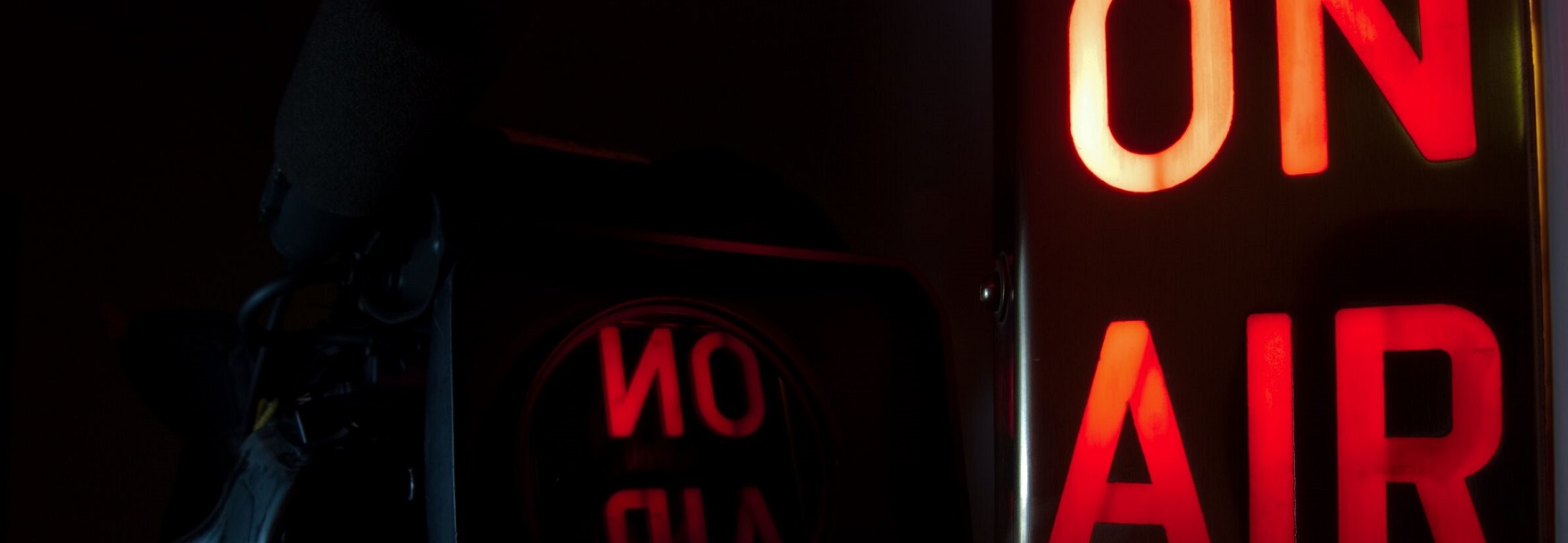Remote consultations are relatively simple to record and there can be advantages to both patients and clinicians in recording them. Consultations are often undertaken when patients are feeling stressed, which can affect recall.1
This is particularly important where the patient may not speak English as a first language or has other communication problems. A recording can provide a useful aide-memoire of the content and the decisions taken in the consultations, which patients can subsequently discuss with family members or significant others.1
For clinicians, it allows a complete record of the consultation to be available should there be cause for subsequent complaint. Medical defence organisations support the use of recording as generally it supports clinicians’ clinical decisions.2
The General Medical Council expects doctors to seek patients’ permission before recording consultations.3
Although it is considered good manners to do so, patients do not have to ask their doctors’ permission to record their consultations. It seems sensible, therefore, for doctors to assume a remote consultation is being recorded. Any recording by the clinicians or their clinical organisation will constitute part of the clinical record and must therefore be held as securely as the rest of the clinical record.
Notes
- Watson PW, McKinstry B. A systematic review of interventions to improve recall of medical advice in healthcare consultations. J R Soc Med. 2009 Jun;102(6):235-43. doi: 10.1258/jrsm.2009.090013. PMID: 19531618; PMCID: PMC2697041.
- MDU Patients recording consultations. https://www.themdu.com/guidance-and-advice/journals/good-practice-june-2014/patients-recording-consultations
- General Medical Council. Making and using visual and audio recordings of patients. https://www.gmc-uk.org/ethical-guidance/ethical-guidance-for-doctors/making-and-using-visual-and-audio-recordings-of-patients
